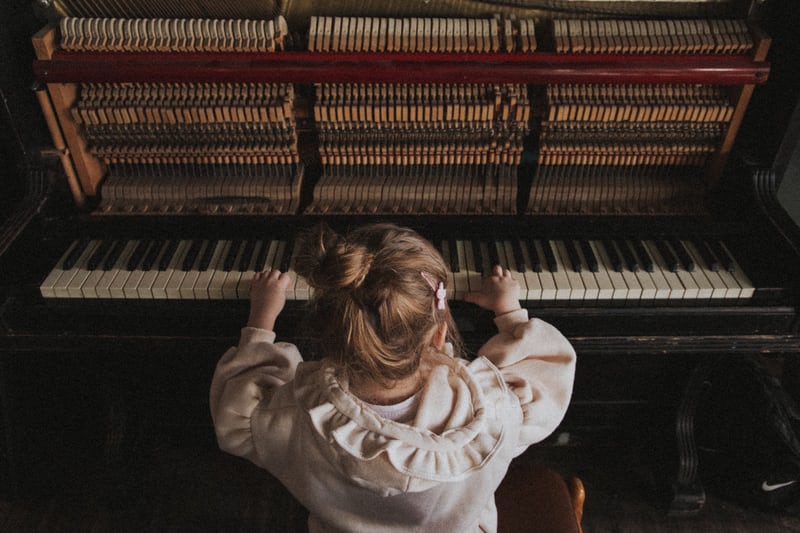Your Cart is Empty
Available in the USA, UK, EU, Japan and Singapore | International Shipping Available
A piano is a beautiful and complex instrument. It can be quite difficult for any pianist to determine what piano skill level they are at, especially if they are just starting out. In this guide, we will discuss the different levels of piano playing and give some tips on how to improve one's piano playing skills. Whether one is a beginner, an early advanced or an advanced pianist, we have something for everyone!
Piano levels can be generally categorised into three different types: beginner, early advanced, and advanced. However, there are many different ways to measure a pianist's level of playing during their piano journey. One way is by looking at the number of years they have been playing the instrument, and whether they have any formal piano lessons. Another way is by their piano technique and ability to play pieces of piano music from memory. In addition, many music schools and teachers use different levels to measure their students' progress, such as the Royal Conservatory of Music's (RCM) system.
The RCM system has twelve different levels of playing: preparatory, level one to ten, and the highest level is advanced. Each level tests different musical concepts and skills.
The preparatory level is for students who have never played the piano before or who are just starting out. At this level, students learn about basic musical notation and concepts such as beat, rhythm, and melody. They also start to develop hand-eye coordination and fine motor skills by learning how to play simple melodies.
Level one is for students who have completed the preparatory level or who are at a similar skill level. At this level, students learn about chords, harmony, major and minor scales, and more. They also start to develop their sight-reading skills by reading simple pieces of sheet music.
Levels two to ten build on the skills learned in level one. Students learn more complex concepts such as modulation and advanced harmony. They also start to learn about musical form and structure.
The advanced level is for students who have mastered all of the skills learned in levels one to ten. At this level, students learn about even more complex concepts such as fugue and counterpoint. They also start to develop their own style of playing.
In order to pass a certain piano level, students must pass music exams that include performing a prepared piece and sight-reading. In addition, they must pass a music theory exam which tests their knowledge of music concepts. Students who are interested in advancing to the next piano level should start preparing for their music exams early. This means practising regularly and learning as much about the material that will be tested on the exam as possible.
Here are a few ideas to help any pianist improve their skill levels:
1) Practice melodic minor scales and major scales. Playing scales helps improve dexterity, hand coordination, and musicality.
2) Work on timing and rhythm. Timing is essential for playing in tempo with other musicians or singers. Rhythm is what makes the music feel "groovy" or "swinging".
3) Listen to a variety of music genres. By being exposed to a variety of music, a pianist will learn different styles and techniques.
4) Play duets with other musicians. Playing duets helps improve sight-reading skills and music skills.
5) Watch online piano tutorials. There are many great online resources that can help improve a pianist's playing skills.
6) Get a good piano cover. A good cover like the Yamaha piano cover or Yamaha p45 cover will protect one's piano from the elements and keep it in good condition for further practice.
We hope that this guide has all the information a pianist needs to find out about their piano level. Most importantly, don't hesitate to reach out to a music teacher or other piano expert if there are further questions. With their guidance, any pianist will be playing like a pro in no time.
